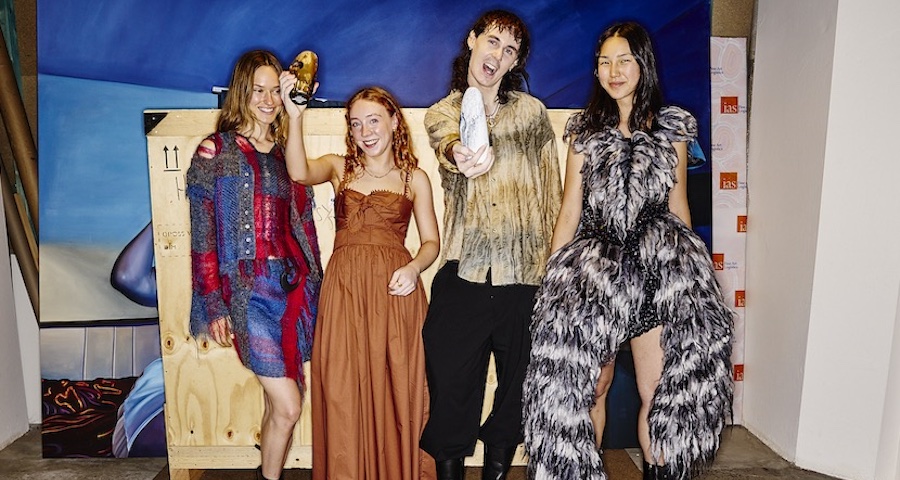Why you won’t be seeing some of your favourite labels at fashion week

- by Admin
- May 3, 2024

Following success in Paris, Christopher Esber was in talks to open AFW but withdrew, making way for Albus Lumen. Esber was unavailable for comment, focusing on designing his next collection.
Local luxury label Song For The Mute, which has achieved global success through collaborations with sportswear giant Adidas, has always put Paris ahead of Sydney.
“Early on we realised the importance of what showing during Paris Fashion Week could mean for Song for the Mute long-term,” says co-founder Melvin Tanaya. “That inspired us to sell our collections in Paris since 2012 and we’ve been every year since then.”
The brand will release a campaign for their first eyewear collection during AFW but will remain off-schedule. “We show during the men’s calendar in Paris, which unfortunately for us falls just a few weeks after AFW.”
Hot Queensland label Dissh, a favourite of model Emily Ratajkowski and actor Storm Reid, received a $90 million investment from retail billionaire Brett Blundy’s private investment group BBRC in March but is steering clear of spending money on local and international runways.
“We focus our energy on investing in storytelling on channels where we know our customer is active and engaged,” says Lucy Henry-Hicks, DISSH chief executive. “Runways are high investment and high touch, and for DISSH, we find that there is better connection to our audience through more intimate in-person activations and across our digital channels.”
Loading
Fashion agent Phoebe Garland has been attending AFW for 10 years and says that economic factors are responsible for many labels taking a break from fashion week.
“In this retail climate, it’s really coming down to affordability,” Garland says. “We’re not seeing many brands there because retail is pretty bad.”
“In buoyant times, more brands are willing to take the risk and go, ‘Yeah, let’s do fashion week’. Now some companies are thinking twice. I advised a label to take part, but they decided to focus on engaging a public relations company instead.”
Other countries are also feeling the pinch. On Thursday, New Zealand Fashion Week postponed their annual event to next year, and shifted to a biennial program.
“We have listened to the industry, and carefully considered and taken on board the feedback from designers around the country, who tell us they need dedicated time and space to focus on their core retail business,” says Feroz Ali, owner of NZFW.
The Zambesi show at New Zealand Fashion Week in August. This year’s event has been postponed.Credit: Getty
It’s a move that no one wants to see happen in Australia.
“Once the economy gets buoyant again, people will start spending and return to fashion week,” Garland says. “AFW is important because it keeps our industry on the international stage.”
Make the most of your health, relationships, fitness and nutrition with our Live Well newsletter. Get it in your inbox every Monday.
The Latest News
-
December 23, 2024Australian tennis star Purcell takes on voluntary provisional suspension for breaking anti-doping rules
-
December 23, 2024Wimbledon champion accepts ban for anti-doping breach just months after winning US Open
-
December 23, 2024Australian tennis star Purcell takes voluntary suspension over anti-doping breach
-
December 23, 2024Max Purcell to miss Australian Open after accepting ban for anti-doping breach
-
December 23, 2024Australian tennis star Purcell provisionally suspended for doping





